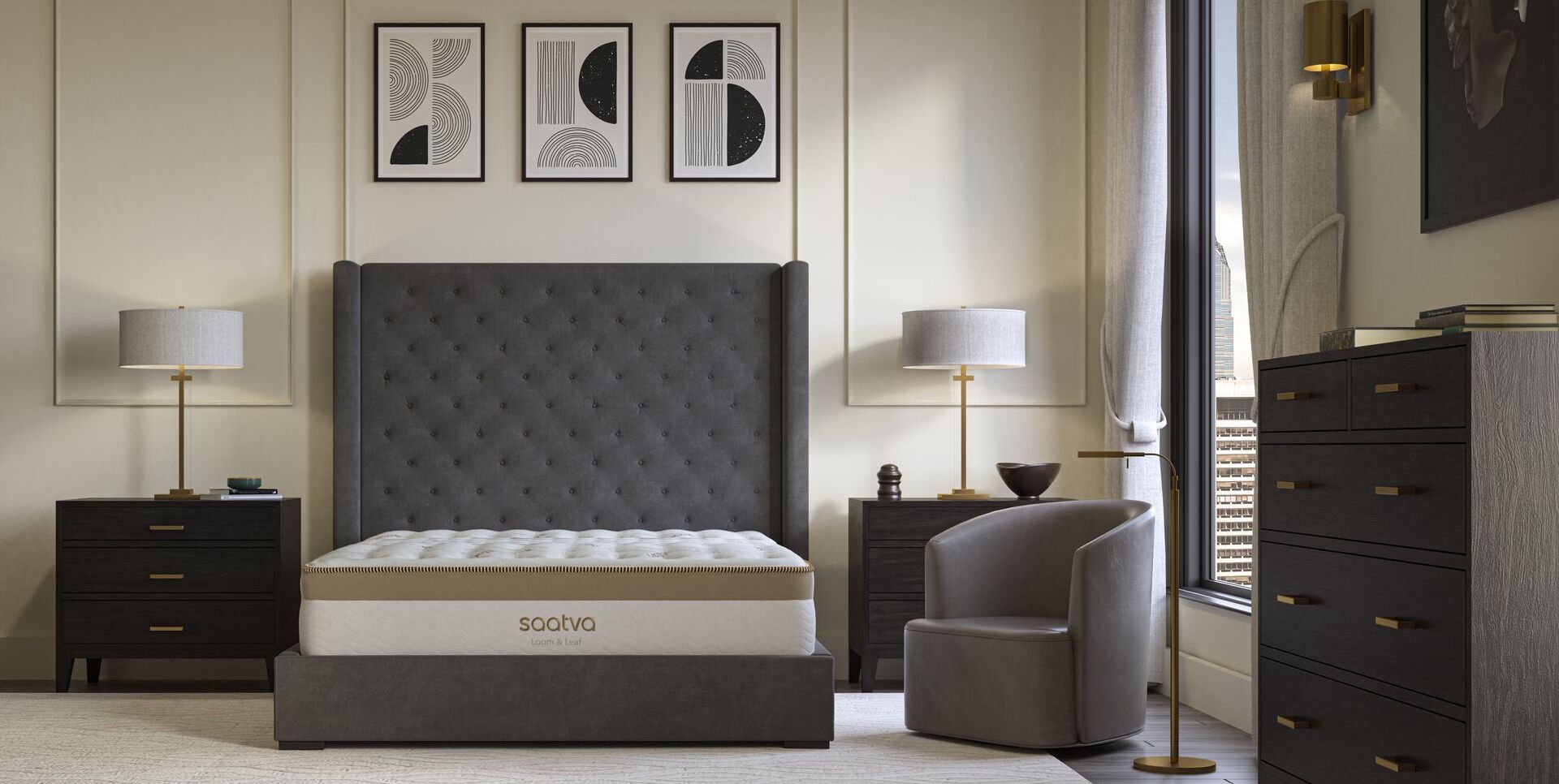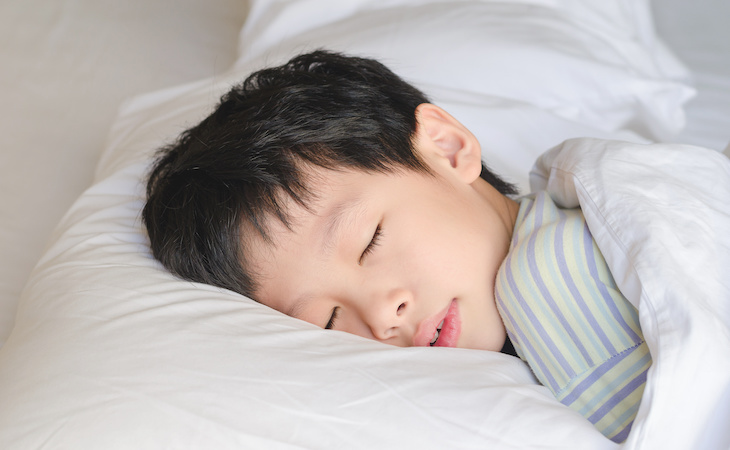Research shows that a healthy relationship depends on healthy sleep. The New York Times reports that couples experience worse conflict when one or both partners is sleep deprived. The study in question, at Ohio State University, found that participants with less sleep fought more bitterly with their partners and “had higher levels of inflammatory proteins in their blood” after fights. “In short,” writes Times reporter Tara Parker-Pope, “marital discord is more toxic to your body when you haven’t gotten enough sleep.”
Good sleep then, like all other aspects of a good relationship, is a joint effort. Both partners need to help each other get enough rest. Taking an interest in your partner’s sleep—and your own—is a great way to show that you care. With Valentine’s Day coming up, we thought we’d share some tips on building a healthy relationship through better sleep. Here are five ways you can be a good sleep partner:
Be aware of your partner’s needs
First, ask yourself what you know about your partner’s sleeping habits. Are they a light/heavy sleeper? Are they a back-, stomach-, or side-sleeper? Are they a night owl or an early riser? How do they consider their quality of sleep right now? Do they tend to toss and turn or fidget? If you don’t know, ask! You might be doing something that’s bothersome and your partner is too polite to say anything! The first step towards building a healthy sleeping partnership is awareness and acknowledgment of your partner’s needs so you can accommodate them as much as possible. What’s more, if your partner is getting poor sleep, it might be affecting you more than you think. Research suggests that when one partner has poor sleep, the other is more likely to report health problems.
Check in with your partner regularly
Even if you know everything about both of your sleep habits right now, it’s likely that things will change for you and your partner. Life constantly throws new obstacles in our path, and everything from new technology to seasonal changes can disrupt our sleep. We can develop conditions like sleep apnea without realizing it, and our partners are often the first people to tell us if something is wrong. Signs like loud snoring or gasping can be obvious, but if you’re a heavy sleeper you might not notice it. Make a habit of asking about each other’s sleep in the mornings. See if your partner seems groggy or overly tired after a full night’s sleep. Once you see sleep as something integral to your partner’s wellbeing and happiness, you’ll be able to care for them even more thoroughly.
Invest in sleep hygiene
We all have unique characteristics and habits, but as human beings, we also share a common biology. Sleep hygiene is a school of thought among experts that identifies several key factors which can help ensure healthy sleep for most people. These include cutting down on artificial light and stimulants close to bedtime, keeping a regular sleep/wake schedule, and keeping our bedrooms cool at night. Since most couples share a bedroom, it’s important to treat this space as common property. Part of being a good partner is being a good roommate. Clean up after yourself—even if you aren’t bothered by a little bit of mess, your partner might be. What’s more, sleep hygiene says that we should optimize our bedrooms for sleep alone, and research shows that clutter can make it more difficult to relax. Find out if you or your partner can eliminate other distractions, such as blinking lights or unwanted ambient sounds. Sometimes it’s hard to motivate ourselves to make this kind of effort, but together, partners can encourage each other. Chances are, these changes will benefit both of you.
Consider alternate sleeping arrangements
Scientists know that sleeping in the same bed as our partner affects us profoundly—but it doesn’t affect everyone in the same way. Deep sleepers may not notice minor movements, whereas light sleepers might rouse at every slight disturbance. Given the vast differences in our behaviors and environments, we shouldn’t feel tethered to any one approach to sleep. Don’t be afraid to radically rethink your sleeping arrangements with your partner. Consider a larger mattress, such as a king-size or California king, to allow yourselves more room. If you each prefer a different kind of mattress, consider placing two twin-sized models together. You can also buy separate toppers for your existing mattress if it’s big enough, or even separate blankets. Finally, consider sleeping in separate beds or separate rooms entirely. Don’t let social stigma determine what’s right for you and your relationship.
Above all, compromise
Ultimately, you and your partner will have to find an arrangement that’s mutually beneficial. This means that both of you might have to make some sacrifices. You need to take your own habits into account and make adjustments wherever possible. If you’re a night owl, and your partner is a light sleeper who prefers an early bedtime, you might try to wind down in bed with a book or a podcast, so you don’t disturb them when you finally decide to sleep yourself. If you find yourself up late, consider sleeping in another room, rather than waking your partner. If your partner is overly tired when they awake, find ways to make their morning routine easier, so they can sleep in. Redistribute your assigned chores to accommodate their sleep schedule. Like everything else in a relationship, healthy sleep is a constant work-in-progress. You may never reach the “perfect” sleep arrangement with your partner, but your efforts will yield immense benefits for your health, happiness, and well-being together.











